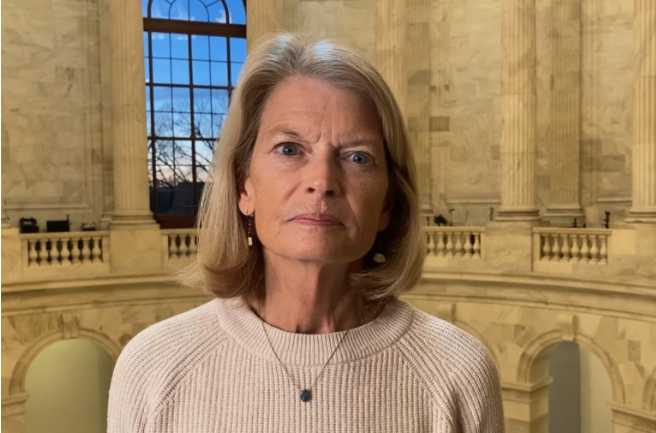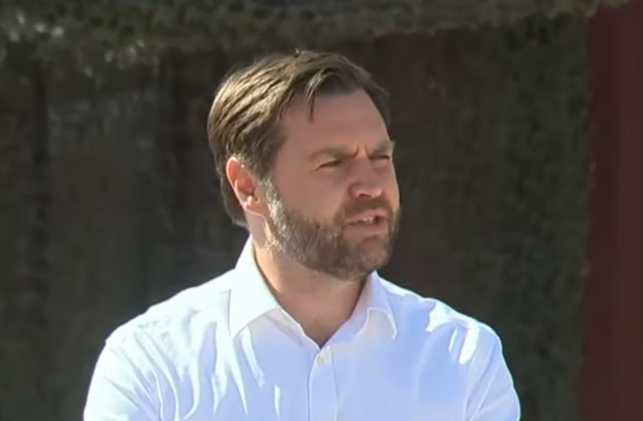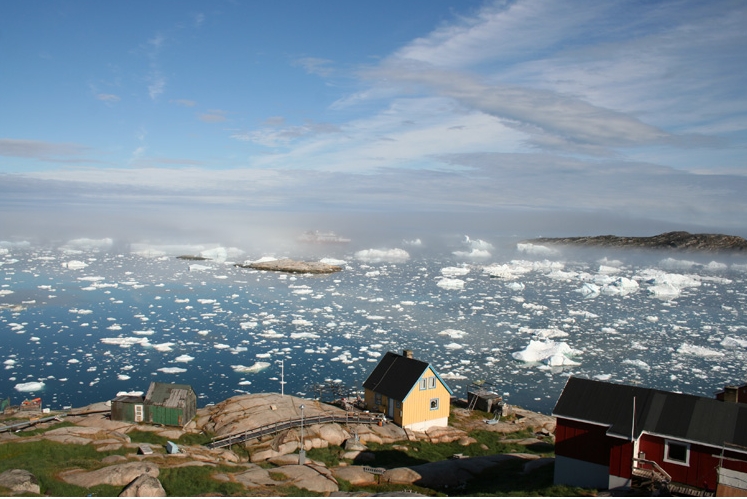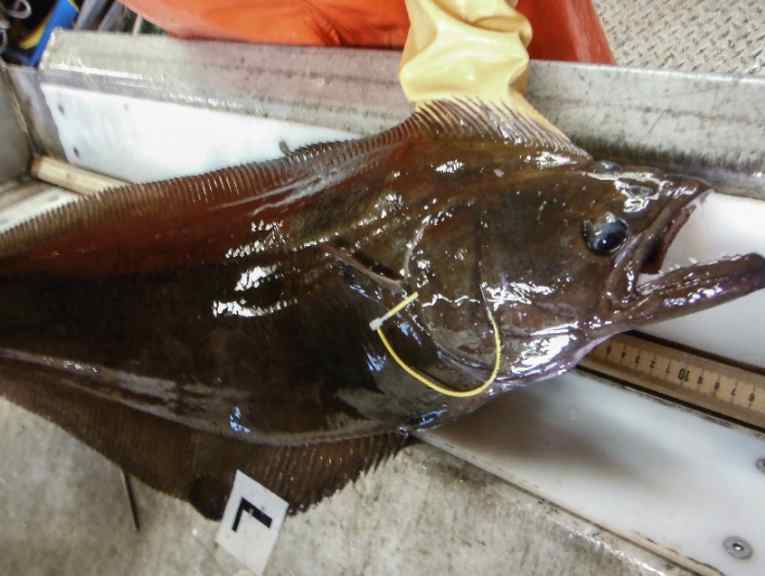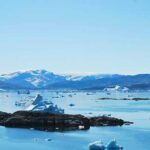Washington, DC – U.S. Senator Lisa Murkowski (R-Alaska) recently hosted leaders from five Arctic nations in Washington, DC, as part of a conference of the Standing Committee of Arctic Parliamentarians (SCPAR). Murkowski, who serves as Vice Chair of SCPAR, helped lead discussions on Arctic policy and the future of the Arctic Council—whose Chairship will transition from Russia to Norway this week.
Senator Murkowski and parliamentary representatives from Canada, Denmark/Greenland, Iceland, Norway, and Sweden, as well as Indigenous representatives from Aleut International Association, Arctic Athabaskan Council, Gwich’in Council International, Inuit Circumpolar Council, and the Saami Council, met at the U.S. Capitol, the Norwegian Embassy, and the Danish Embassy.
In a floor statement delivered yesterday, Senator Murkowski described the role of SCPAR, recapped the recent meeting in Washington, DC, and discussed opportunities and challenges in the Far North. She also pushed for the swift confirmation of Dr. Mike Sfraga, an Alaskan who has been nominated to serve as the first-ever U.S. Ambassador-at-Large for the Arctic Region.
Key Excerpts from Senator Murkowski’s Floor Statement:
- We have opportunities to come together as Arctic nations and work on the common challenges, shared opportunities, and we had such an opportunity just a couple weeks back when here in Washington, D. C.
- As we think about the Arctic Council, I think it’s also important to recognize that the Standing Committee of Parliamentarians of the Arctic Region is also a body that is quite important. It facilitates a biennial gathering of representatives from the various parliaments and legislatures of the eight Arctic nations.
- I am the U. S. role representative on the Standing Committee and I am now very privileged to serve as its vice chair and have done so for now the past three years.
- Russia continues to lean in, to exert its influence, its dominance in the Arctic. After Finland’s accession into native, we saw Russia step up its military drills in had the Arctic. In recent years we’ve seen increased military buildup; again, even while Putin is prosecuting this awful criminal war in Ukraine, he is pushing, pushing resources to, again, put his military influence in an area that for a period of years has been relatively, relatively dormant.
- The future of the Arctic is literally being defined as we speak. As we speak, there is more attention that is being paid to the Far North, by more people and more nations with more varied interests than we have ever seen before. And I think that there is a greater need for us, here in the United States, for cooperation and sharing best practices with friends and those with similar interests.
- We’re investing billions of dollars now in core infrastructure…We’re talking about national security investments, investments in our national Arctic strategy.
- We’ve moved ahead the port of Nome is coming on. It’s going to be significant. It’s going to be important. Hopefully it will be the beginning of a system of deep-water ports in the Arctic.
- We have authorized now six icebreakers. We have fully funded two. We’re pushing hard to advance commercially available icebreaker. My hope is that we will get that resolved this year. Coast guard is committed to it. The administration is committed to it. We’re all in. And we need it.
- The Arctic’s future must always be it determined by the people of the Arctic, but having said that, there’s good reason for us here in Congress to pay attention and a role for us to play in helping to guide its future. I’ve got a pretty long list in that regard.
- We’ve also convinced state department to establish an ambassador at large for the Arctic region. As many, many countries already have done. So the president has nominated a great guy. He’s a fellow Alaskan, Dr. Mike Sfraga to be the first person to hold this position.
- The Arctic’s future must always be it determined by the people of the Arctic, but having said that, there’s good reason for us here in congress to pay attention and a role for us to play in helping to guide its future.
- Why is the Arctic important? Why does it matter? My answer is that the future of the Arctic matters more to the future of the nation than most can possibly imagine.
- The famous General Billy Mitchell in 1935 said, ‘I believe that in the future, whoever holds Alaska will hold the world. I think it is the most important strategic place in the world.’ Billy Mitchell said that in 1935, and I think it’s fair to say that the future has arrived, because General Mitchell is absolutely right. Alaska is the most strategic place because of our location, because we are part of an Arctic nation, and because we’re sitting right on top of the world. We’re in the center of it. We’re oftentimes on the front line of our nation’s sovereignty and defense.[content id=”79272″]


